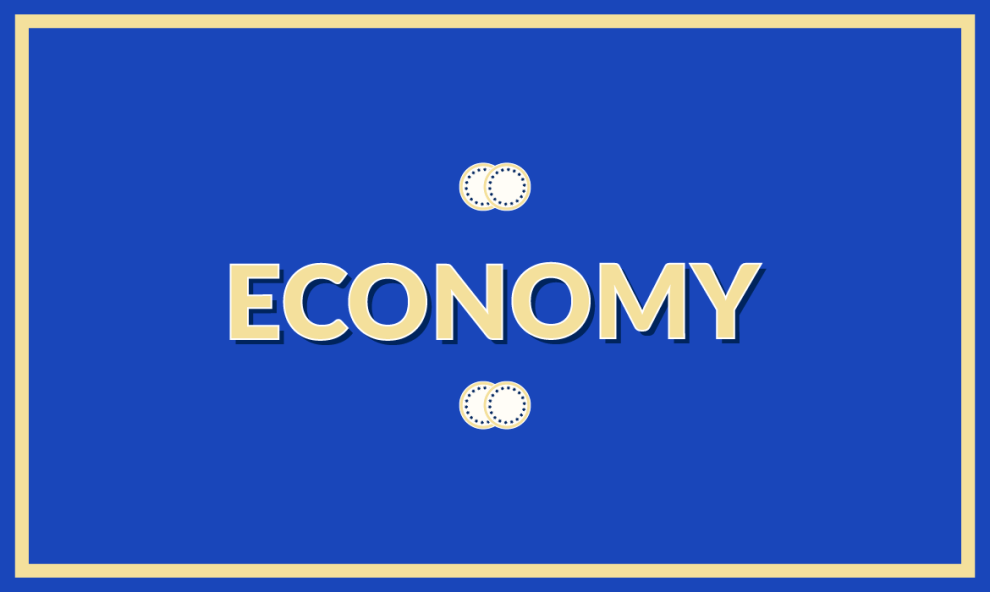Given the complex situation of the international economy, in the last few months there has been an interest debate regarding the role that central banks throughout the world might play versus the role of each country’s Executive and Legislative powers, in matters related to national economic policies. The spearhead in this discussion comes in the form of a doctrine which has its origin in Japan and has the name of the country’s Prime Minister, Shinzo Abe: Abeconomics.
After the 2008 financial crisis and the stalling of international economy, in addition to the remarks made by several national authorities about wrong decisions in economic policies, a debate regarding the potential implementation of counterweights to irresponsible practices carried out by governments is coming to light. With two decades of economic stagnation, Japan has started to led the discussion when Shinzo Abe offered the Japanese electorate Abeconomics: an economic policy that is heterodox in two ways: firstly, monetary policy would be part of the design of economic policy; secondly, the autonomy of the Central Bank of Japan (CBJ) would be abolished. That way, BCJ would assume broad control responsibilities over economic policies while sacrificing its autonomy, questioning the paradigm under which institutions such as the European Central Bank are currently at. Even though it is true that the global economic reality, particularly Europe’s growth situation, apparently is heading towards the Japanese scenario, the latter is far from showing a final result and is conditioned to every nation’s own economic behavior. Nevertheless, the same skepticism prevailed when, at the beginning of the 1970s decade, France had the back-then controversial, currently discussed, paradigm: autonomy of central banks.
When it comes to Mexico, there is a lot of criticism to the current economic policies carried out by the Executive Power, particularly those made by the Secretariat of Public Finances (SHCP), the Presidency and the Secretariat of Economy (SE). The first two actors are being questioned about their idea to enhance growth based on opening up the energy sector and broadening expenditure, which is backed up once again by a new fiscal burden and the abandonment of a zero deficit. On the other hand, the questions towards SE are related to the feasibility of their policies to enhance competitiveness in national industry. Within the context of criticism to the “root” of the current federal administration on economic matters, the question of whether the Bank of Mexico, as an autonomous body and theoretically, without any other interest than national wellbeing, should lead the country’s economic policy well beyond the management of monetary policy is starting to come up.
The National Bank of Mexico – celebrating the 20th anniversary of its autonomy – has already an active role in the nation’s economic growth. For instance, during the month of September, it carried out counter-cyclical policies by decreasing the reference interest rates from 4% to 3.75%, due to its concerns over the health of Mexican economy. However, the question is whether the country’s central bank might work as a counterweight in the face of controversial decisions with less than optimal arguments. Whenever there are suggestions of increasing the responsibilities of an institution with healthy results such as the National Bank of Mexico, there is a series of finger-pointing directed to those actors that have provided a lack of results and a drop of expectations. As of now, the sudden and dramatic transformation of the “Mexican momentum” to the “Mexican minimum” can make one reflect regarding all that is related to a responsible management of economy in the face of a regime initiated on December 2012.
Like in Japan, the problem of Mexican economy is productivity (the exports of the former exhibits increasing levels of productivity, while the internal market shows exactly the opposite, just like ours). This issue is not solved by fiscal stimulus, more expenditure or a change in the central bank’s nature.
Quite possibly, a model similar to Abenomics will never come to fruition in Mexico, even though the same was said when discussing the autonomy scheme of the central bank. This is why the government is running greater risks than what it imagines by intending to take away, as the famous saying goes, the pins that hold the scheme of current economic policies. Time will tell
CIDAC






Comments